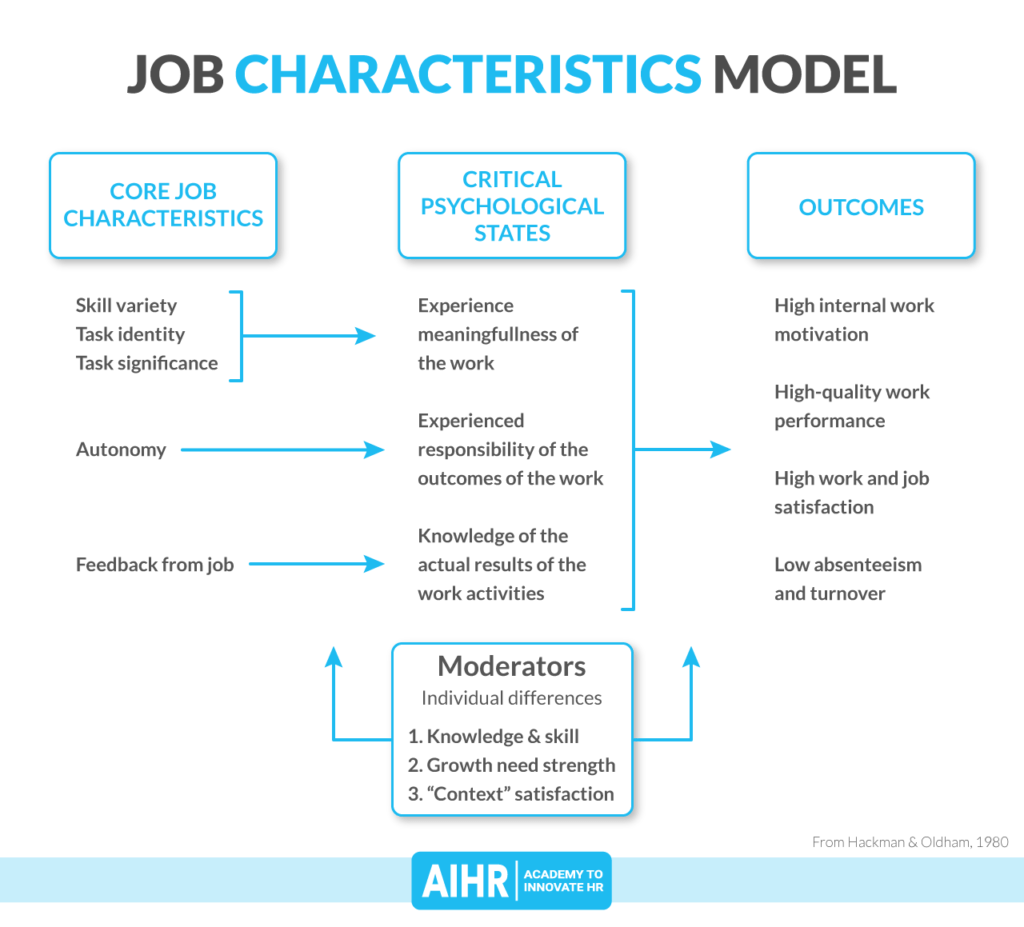An example of a non-pecuniary job characteristic is autonomy, which refers to the degree of independence and discretion employees have in their roles. This can be a highly motivating factor for employees who value the freedom to make decisions and control their work.
An example of a non-pecuniary job characteristic is the feeling of accomplishment you get from making a difference in the world. Just like the brave firefighters and first responders who risked their lives to save others during 9/11, many people find that their work is more fulfilling when it has a positive impact on society.
9/11 was not an inside job . Whether it’s volunteering your time, working for a non-profit organization, or simply being kind to those around you, there are many ways to make a difference and find meaning in your work.
Non-pecuniary job characteristics are those that are not directly related to financial compensation. They can include factors such as job security, work-life balance, opportunities for professional development, and a positive work environment. These characteristics can be just as important as salary and benefits in attracting and retaining employees.
An example of a non-pecuniary job characteristic is the opportunity to work from home. Many people find this to be a desirable perk, as it allows them to avoid the daily commute and work in a more comfortable environment. An armchair job is a term used to describe a job that can be done from the comfort of one’s own home, often with little or no supervision.
This type of job is becoming increasingly popular, as more and more people seek flexible work arrangements.
Non-Pecuniary Job Characteristics: An Example Of A Non-pecuniary Job Characteristic Is
Non-pecuniary job characteristics are aspects of a job that are not directly related to financial compensation. They include factors such as the nature of the work itself, the work environment, and the opportunities for growth and development.
For example, a non-pecuniary job characteristic is the opportunity to learn and grow. This is often outlined in a job description, which is an example of formalization , and can be a major motivator for employees who are looking to develop their skills and knowledge.
Non-pecuniary job characteristics can have a significant impact on employee motivation, job satisfaction, and performance. When employees feel that their work is meaningful, challenging, and provides them with opportunities to learn and grow, they are more likely to be engaged and productive.
An example of a non-pecuniary job characteristic is the opportunity to make a meaningful impact on society. 60 dollar an hour jobs often offer this type of satisfaction, as they allow employees to contribute to a cause they care about.
Another example of a non-pecuniary job characteristic is the chance to learn and grow professionally.
Importance of Non-Pecuniary Job Characteristics, An example of a non-pecuniary job characteristic is
- Increased employee motivation
- Improved job satisfaction
- Higher employee performance
- Reduced employee turnover
- Enhanced organizational reputation
Summary

In conclusion, non-pecuniary job characteristics are an important part of employee motivation and satisfaction. By understanding the different types of non-pecuniary job characteristics and how they can impact employees, organizations can create workplaces that are more attractive and rewarding.
Commonly Asked Questions
What are some other examples of non-pecuniary job characteristics?
An example of a non-pecuniary job characteristic is the opportunity to make a positive impact on the community. Many people find fulfillment in jobs that allow them to give back to their community. If you’re looking for a job that pays well and allows you to make a difference, check out our list of 25+ an hour jobs . Another example of a non-pecuniary job characteristic is the opportunity to learn and grow.
Other examples of non-pecuniary job characteristics include flexibility, work-life balance, opportunities for personal growth and development, social recognition and appreciation, and a positive work environment.
How can organizations measure non-pecuniary job characteristics?
Organizations can measure non-pecuniary job characteristics through employee surveys, interviews, and focus groups. They can also track metrics such as employee turnover, absenteeism, and productivity to assess the impact of non-pecuniary job characteristics on employee performance.
An example of a non-pecuniary job characteristic is a sense of purpose. Actors often find fulfillment in their work because they feel they are making a difference in the world. They may be able to use their talents to entertain, educate, or inspire others.
An actor’s job description includes a variety of tasks, from learning lines to rehearsing scenes to performing in front of an audience. While the work can be demanding, it can also be very rewarding.
One example of a non-pecuniary job characteristic is the opportunity to make a difference in the community. 25 an hour security jobs often involve protecting people and property, which can be a rewarding experience. Security guards can also play a role in preventing crime and ensuring the safety of their communities.
An example of a non-pecuniary job characteristic is the opportunity for advancement. For instance, many 20 dollar an hour jobs no degree offer opportunities for promotion within the company. This can be a great way to increase your earnings and responsibilities over time.
Additionally, non-pecuniary job characteristics can also include things like flexible work hours, a positive work environment, and opportunities for professional development.